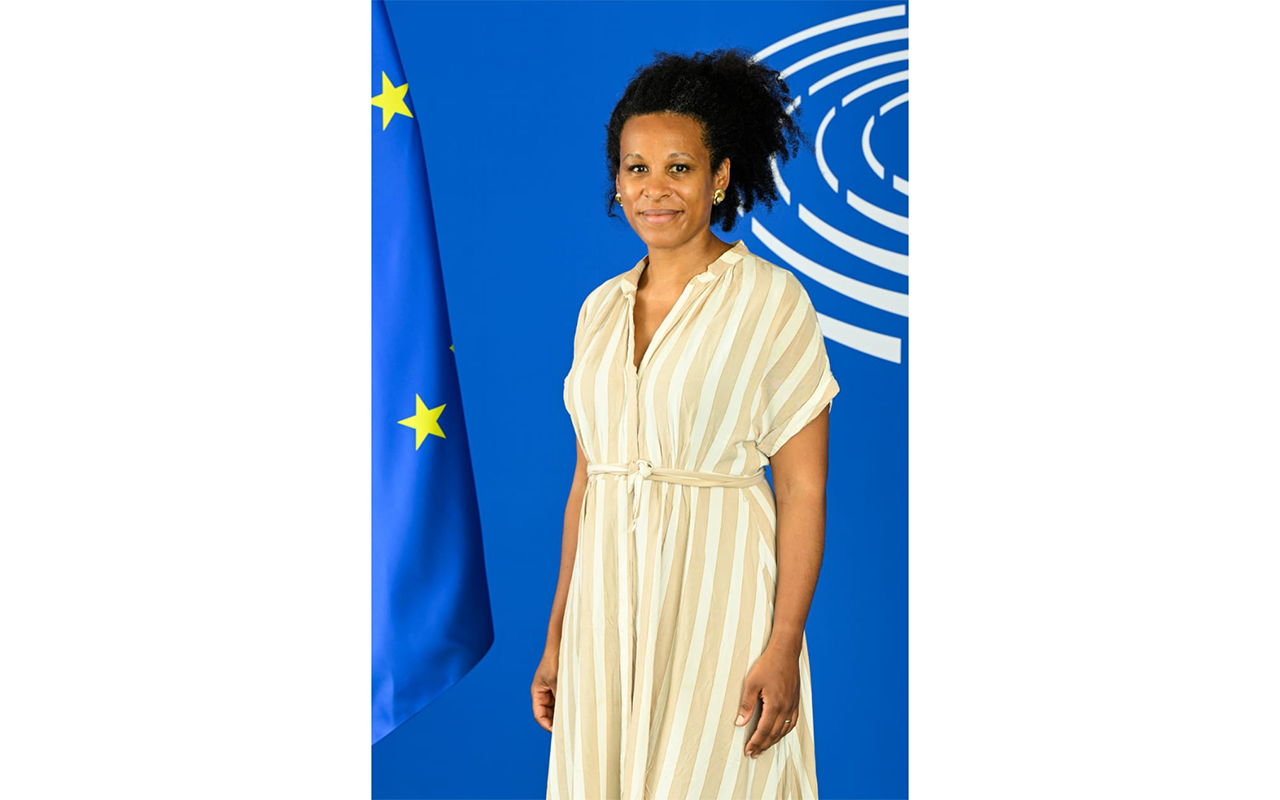Nela Riehl is a Member of the European Parliament, Member of the Greens/European Free Alliance in the European Parliament, Chairman of the EU Culture and Education Committee,Member of the Employment and Social Affairs Committee, Delegation for relations with the Pan-African Parliament, Delegation to the Africa-EU Parliamentary Assembly.
By the beginning of 2025, the agenda of redefinition of spheres of influence and redistribution of regions of cooperation among key world powers has become more relevant than ever before. How do you explain this? What are the key trends in the development of geopolitical confrontation at the moment that arouse the greatest interest?
Sadly, we are experiencing an era of increasing confrontation worldwide. After years of globalization, many big powers are now retracting to creating their own spheres of interest and staking their claims. Often this goes along with economic strongarming or even military confrontation. We can see this in Russia’s ongoing war in Ukraine, China’s increasingly aggressive stance against Taiwan, but also the worrying threats of Donald Trump against countries in the neighbourhood. And the more countries follow this path, the more this might be seen as a legitimate or pragmatic behaviour to secure influence. We as Europeans have to be very clear: Military aggression can never be used to push for one’s own economic benefits. We strongly believe in free and fair trade and in respecting mutual agreements. We mustn’t let the world become divided into blocks of power once again.
Africa is considered to be one of the most promising and resource-rich regions, where the Netherlands, Spain, Great Britain and France have long reigned supreme. Now the situation is changing and the Old World is losing its influence in African states. What is the reason for this? How do you assess the policies that European countries have pursued in Africa? What are the effects of these policies on African states? Why are African states distancing themselves from their long-term ties with Western countries?
The nations of Africa very rightfully claim to be responsible for their own future after decades of brutal colonisation, extortion and Western interference. It is for them to choose their trade partners and the way they want to interact with them. Europe has been advocating for relations on eye-level but has not always fulfilled this promise when it comes to market access, talent mobility and historical accountability. In fact, European states have repeatedly refused to fully acknowledge the atrocities of the past and to commit to a debate on restitutions and reparations for damage done. In a multipolar world where many powers are seeking influence on the African continent, this is simply not enough more. Powers like China are now heavily expanding their influence in Africa by offering seemingly better deals and investing in infrastructure without any notion to enforce nation building in their interest. This of course comes with stronger dependency and a price tag that will have to be paid at some point. As Europe we should build lasting ties through diplomacy, true reconciliation and attractive economic benefits. We have to show that we are genuinely interested in strong partnerships without unilateral dependencies.
While Europe is failing to cope with the migration flow, one of the problems that African leaders talk about is the high outflow of skilled professionals and the brain drain. Is this a mistake by Western politicians or a deliberate destruction of the intellectual potential of the African region?
The mobility of skilled workers can be beneficial to both receiving and sending countries. Migration is not a one way street and it has not proven to categorically strip countries of their talent. The EU is currently working on multiple initiatives to improve the cooperation with African countries on the safe and legal mobility of people from students to manual workers, health care workers, academics and many others. Europe should do more to accommodate skilled workers while at the same time working to improve the conditions in the countries of origin. For example through talent partnerships that ensure better work mobility and education in the countries themselves first, before looking at the possibilities of exchange. This would in the end benefit both sides enormously and give people a real choice to shape their future wherever they want.
What could be the consequences of the African resource base leaving the West’s control completely? At what expense will the West be able to cope with resource scarcity? Is there still interest among European businesses in partnering with African states?
Firstly, our aim should not be to control any resources but to trade through free and fair agreements. That being said, Europe as a continent with scarce natural resources will always have to rely on partners to provide what we need to make the ecological transition and the digitalisation happen. This will come at a high cost.




